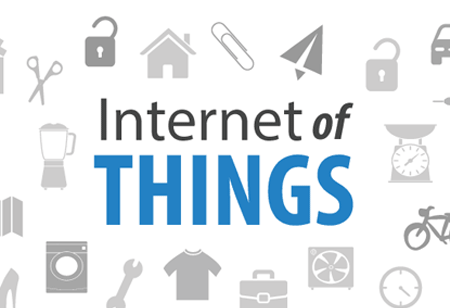THANK YOU FOR SUBSCRIBING
The Impact of IoT in the Automotive Industry
The internet has evolved from connecting people to connecting devices, creating ecosystems which facilitate the coexistence of the digital and physical world.

By
Apac CIOOutlook | Tuesday, August 13, 2019
Stay ahead of the industry with exclusive feature stories on the top companies, expert insights and the latest news delivered straight to your inbox. Subscribe today.
FREMONT, CA: The internet has evolved from connecting people to connecting devices, creating ecosystems which facilitate the coexistence of the digital and physical world. The internet of things (IoT) has transformed the connected technology. Also, IoT has opened new doors in the automotive industry, revolutionizing entire vehicle systems and their operations.
The connected car IoT is a product of the collaboration between automotive manufacturers, telecommunication service providers, and software companies. The connected car technology has facilitated instant network connections, enabling the vehicles to communicate with devices, sensors, vehicles, and the internet.
However, connected cars are emerging. With the rising demands for digital convenience, the numbers of connected vehicles on the road are likely to increase over the next few years. The implementation of infotainment will enable the connected vehicles to deliver relevant information, combined with entertainment. The in-vehicle infotainment (IVI) systems will empower the connected cars to manage audio/video entertainment content, deliver connectivity via smartphones, and provide navigation features.
The rise of cloud technologies has enabled video live streaming and internet radio. Also, several smartphone apps, such as Projected Mode, Car Play, and Mirror Link, offer integration with connected vehicle technology. The real-time driver monitor feature can ensure safe and efficient driving. The advanced sensor technologies aboard the connected vehicle can keep track of the driver behavior, their fatigue levels, and so on, which will enable the car to take necessary measures to prevent road accidents. The sophisticated governing systems can adjust the speed and acceleration of the vehicle according to the driver fatigue level.
Connected vehicles can also help in the reduction of traffic jams. The smart parking feature, powered by microcontrollers, real-time data regarding the availability of parking spaces, sensors, and automated parking payment service, will allow connected cars to locate parking spots and facilitate seamless flow of traffic. The reduction in traffic jams can also help in the reduction of air pollution.
The emergence of connected cars will facilitate enhanced analytical processing of traffic data, allowing the drivers and the road safety authorities to gain quality insights into vehicle performance and traffic management strategies. It will empower them to undertake timely action and avoid unwanted mayhem on the road.





